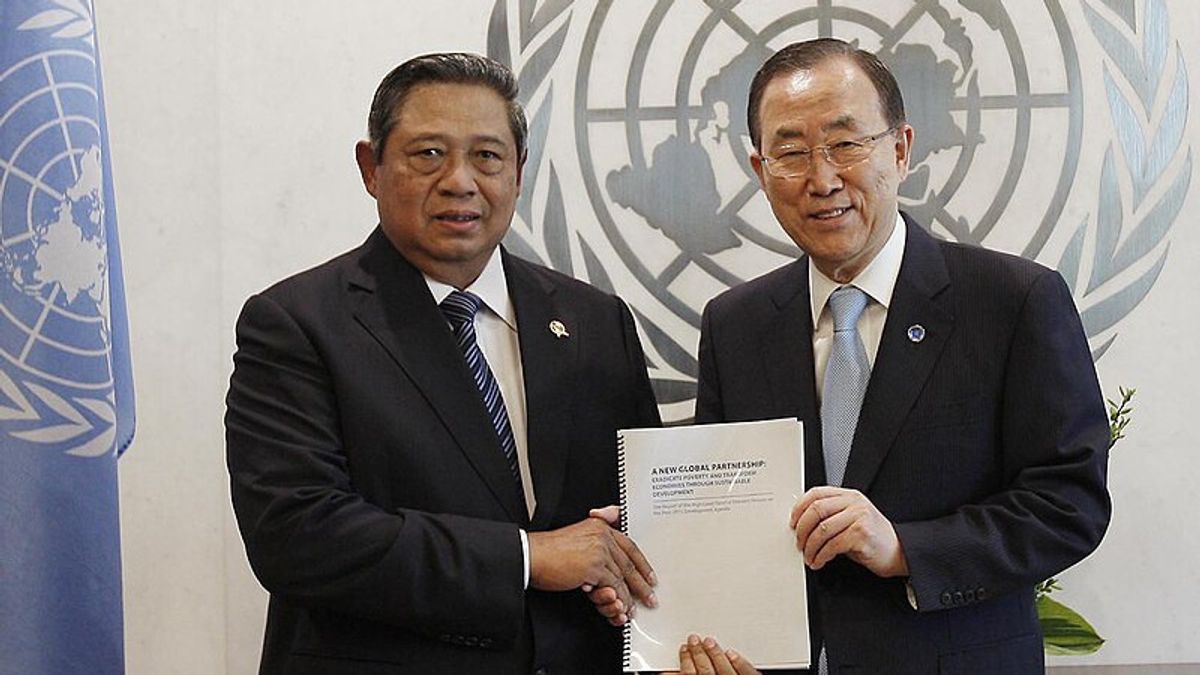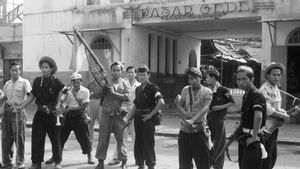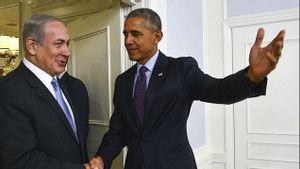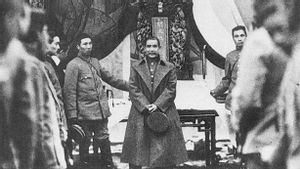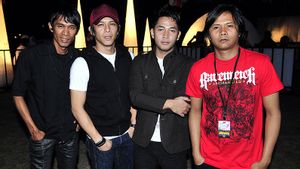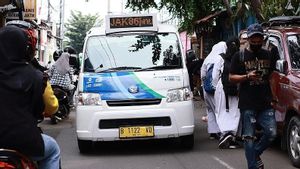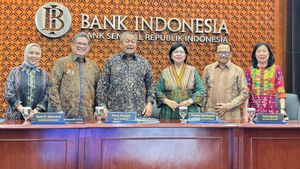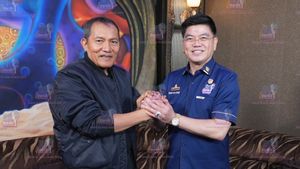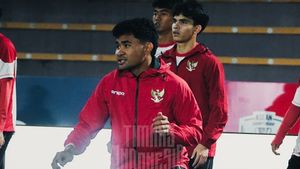JAKARTA - The problem of human rights violations in Indonesia is not small. Many cases do not lead to the principle of justice. Alias just evaporated. Human rights violations in East Timor, for example. Serious human rights violations in East Timor are in the world's spotlight. Indonesia was also flooded with criticism.
The government of President Susilo Bambang Yudhoyono (SBY) agrees with this. Indonesia is also committed to wanting to uphold human rights better. This wish was realized by the election of Indonesia as a member of the UN Human Rights Council for the first time.
The issue of gross human rights violations (HAM) is not new in Indonesia. In fact, human rights violations also witnessed the journey of the Indonesian nation. The Indonesian side has not really forgotten how the September 30th Movement (G30S) emerged in 1965.
As a result of the incident everywhere. The kidnapping and killing of Army Generals (AD) turned to hatred against those accused of being members and sympathizers of the Indonesian Communist Party (PKI). They became victims.
Torture, murder, rape, and imprisonment without legal clarity are recorded gross human rights violations. The problem became a serious ulcer by the Indonesian government. It's a past sin that hasn't ended yet. The investigation is still gray. From who is responsible to the punishment.
The same condition seems to repeat history when it occurs in the East Timor conflict. The owner of power feels that East Timor is part of Indonesia. Anyone who rejects the narrative of unity or rebellion will be crushed.
The narrative made records of human rights violations that were perpetuated by the military in East Timor piled up. Take for example violations related to the Indonesian military that opened fire on demonstrators in Dili, then known as the Santa Cruz Massacre.
The incident was witnessed by the world. All of this is possible because of amateur video recordings. The world later condemned the acts of gross human rights violations committed by the Indonesian military. Especially in that incident hundreds of people became victims.
This problem has not yet led to the fulfillment of the principle of justice. The only thing that is certain is that Indonesia's name as a human rights violator is getting more and more classy.
'Military violence against the people of East Timor is not new. The murder incident in Dili in 1992 was revealed to the eyes of the world because there was a foreigner who recorded the incident. Not to mention the atrocities that were not recorded and broadcast. How exactly the action was carried out, and who was responsible and should be punished, never completed.'
There is a strong impression that only to protect the names of a number of ABRI soldiers ( whatever their rank), throughout Indonesia -- their good name and unity -- was sacrificed and damaged. Now, how is it possible to expect that the world will believe in Indonesia's version of violence in East Timor after the referendum? The arrival of the UN investigative commission cannot be encouraged. If indeed Indonesia feels innocent, the commission actually needs to be welcomed, "wrote in a Tempo Magazine report entitled East Timor, Indonesia, and the World (1999).
The problem of East Timor's human rights violations has shocked Indonesia in the eyes of the world. SBY's government acknowledged it. SBY himself continues to strive to restore world trust in Indonesia. SBY wants Indonesia to participate in improving regional human rights problems and the world.
The power of attorney believes that Indonesia can participate and contribute in human rights matters. This commitment was demonstrated by SBY by registering Indonesia as a member of the new UN human rights institution in 2006. The UN Human Rights Council, his name.
Previously, the UN Human Rights Council was known as an intergovernmental agency tasked with strengthening efforts to promote and protect human rights around the world. The agency was present to replace the UN Human Rights Commission, which was previously thick with politicization of human rights issues.
However, Indonesia's candidacy is not easy. Indonesia's image of human rights violations is bad. The owner of power also tries to consider it like a wind. Indonesia is confident that it can act wisely in human rights matters. Alias, Indonesia will try to respect human rights matters.
SEE ALSO:
Ulam's beloved pinnacle has finally arrived. Indonesia was finally elected as a member of the UN Human Rights Council for the first time in May 2006. Indonesia became part of 47 UN Human Rights Member countries. Even Indonesia is also known as the sounding of members of the UN Human Rights Council.
"There is no need to worry about anything if Indonesia is not serious in developing respect for human rights. Our problems with Timor Leste, for example. I think it should be known that we are really serious about solving the past problem fairly and proportionally..
"We must be able to be an example for other countries that we can really improve the enforcement of human rights in the future. We must improve this so that what is stated in our constitution, our laws, and declarations and human rights can really be realized in our country," SBY called at a press conference after meeting with Malaysian Prime Minister Abdullah Ahmad Badawi at the Bali International Convention Center (BICC), Nusa Dua, Bali, as quoted by Detik.com page, May 12, 2006.
The English, Chinese, Japanese, Arabic, and French versions are automatically generated by the AI. So there may still be inaccuracies in translating, please always see Indonesian as our main language. (system supported by DigitalSiber.id)
